Koi Pla, a popular Thai dish consisting of raw fish ground with spices and lime, is consumed by millions of Thais, particularly in the province of Isaan.
However, recent warnings from Thai doctors have shed light on the dangers of this seemingly innocent delicacy.
Leading this movement is Narong Khuntikeo, a liver surgeon who tragically lost both of his parents to liver cancer, believed to be caused by consuming Koi Pla.
Koi Pla: Thai Doctors Warn Fish Dish Can Cause Liver Cancer
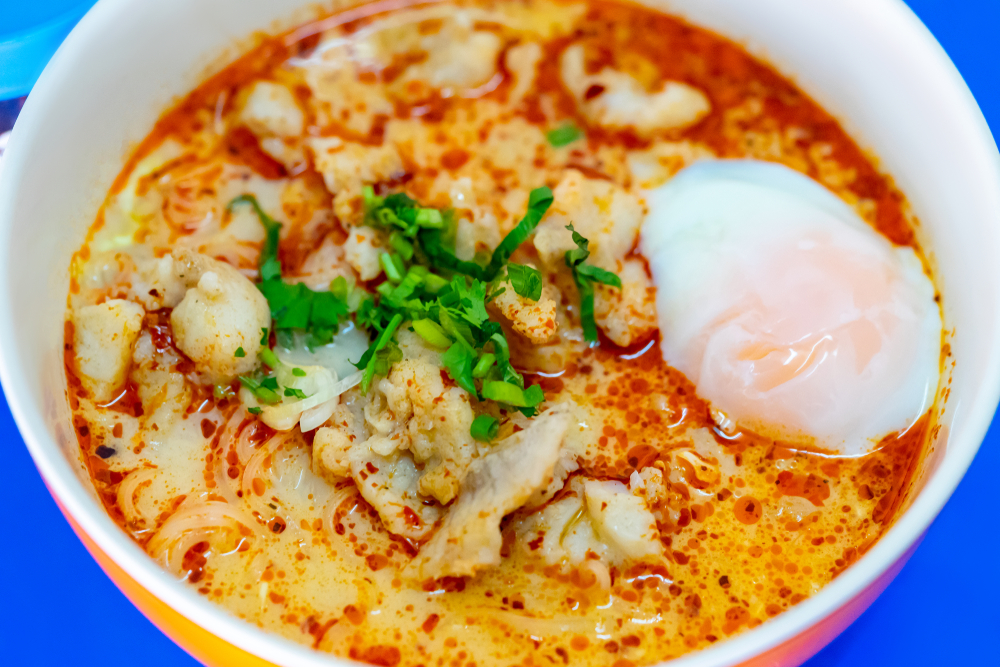 Source: Shutterstock
Source: Shutterstock
At first glance, it may seem puzzling how a dish made from fresh fish and spices could be hazardous.
But it is not the fish itself that poses the danger. Instead, the threat lies in a tiny parasitic flatworm known as the liver fluke.
It is native to freshwater fish in the Mekong region, including the rivers of Isaan.
The liver fluke, scientifically known as Opisthorchis Viverrini, has a complex life cycle that involves multiple hosts, beginning with snails and culminating in humans. When fish consume the infected snails, the larvae hatch within their digestive system.
Subsequently, when humans consume undercooked or raw fish infected with the larvae, they become the final host for the liver fluke.
The Dangerous Liver Fluke
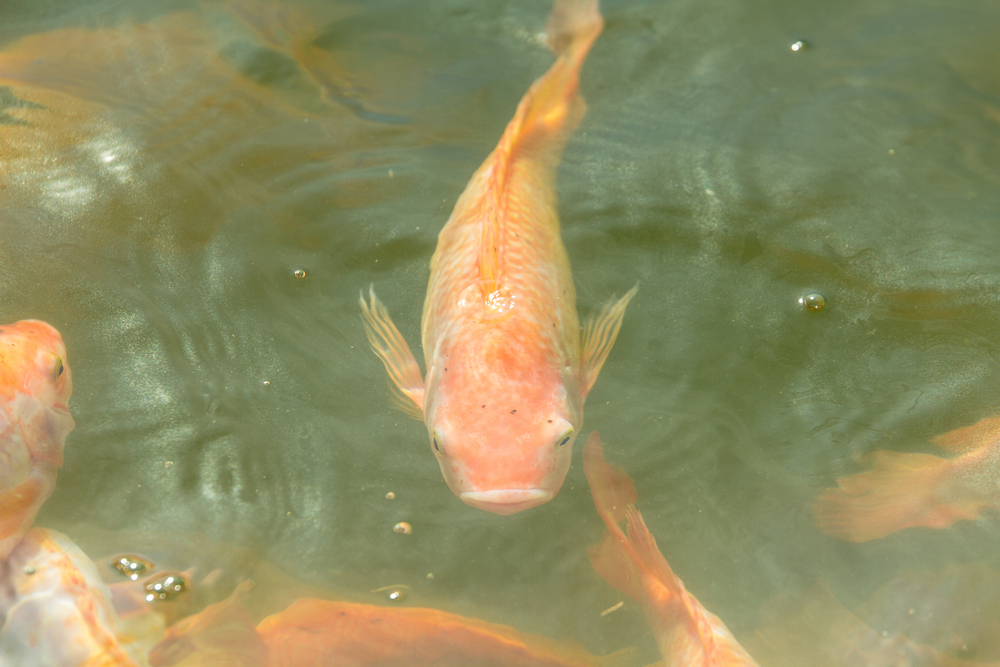 Source: Shutterstock
Source: Shutterstock
Once inside the human body, the liver fluke takes residence in the liver. It feeds on bile and gradually causes extensive damage to the organ.
Over time, this infestation can lead to chronic inflammation, cirrhosis, and potentially hepatocellular carcinoma, a type of liver cancer.
The incubation period of the liver fluke can span several years, making it difficult to identify the source of infection.
Dr. Narong Khuntikeo’s Campaign Against Koi Pla
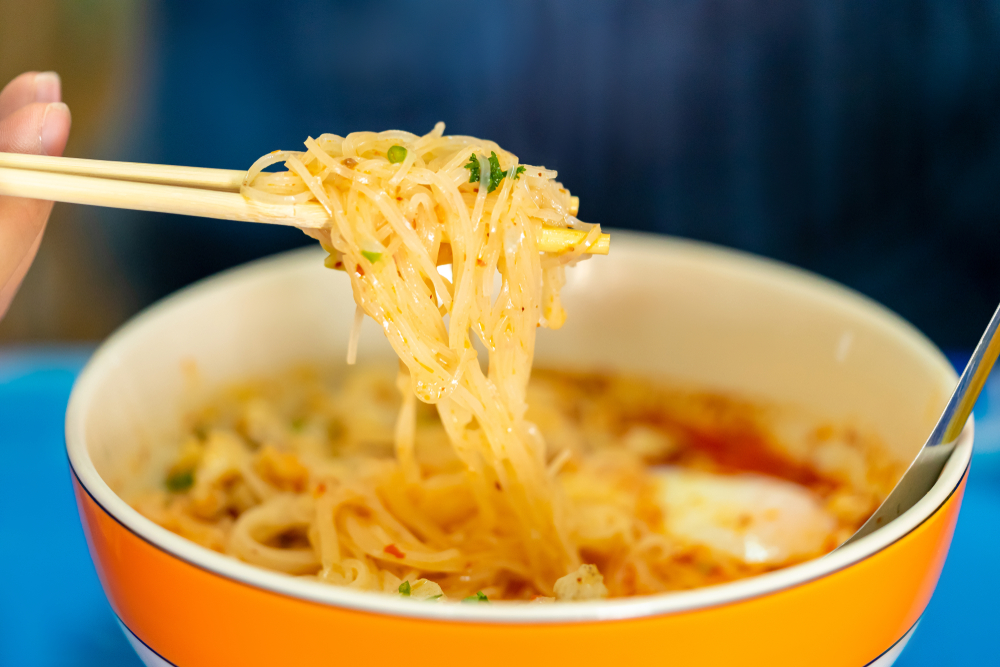 Source: Shutterstock
Source: Shutterstock
The dangers of Koi Pla and the link to liver fluke infection have prompted Dr. Narong Khuntikeo to raise awareness and advocate against the consumption of this dish.
Having experienced personal tragedy with the loss of both his parents to liver cancer, Dr. Khuntikeo made it his mission to prevent others from suffering the same fate.
“It’s a very big health burden around here,” he said. “But nobody knows about this because they die quietly, like leaves falling from a tree.” Dr. Khuntikeo specializes in liver surgeries and is considered an expert in the field. He actively educates communities in the Isaan region regarding the risks associated with consuming Koi pla.
His efforts involve conducting workshops, organizing public awareness campaigns, and collaborating with local authorities to implement safety regulations.
He and his team have spent four years driving ultrasound machines and urine testing kits around the Isaan region to test villagers for the parasite.
They found that up to 80% of some communities were found to have consumed the parasite. At a recent testing, a third of villagers showed abnormal liver symptoms, and four were suspected to have cancer.
Detection Is Key
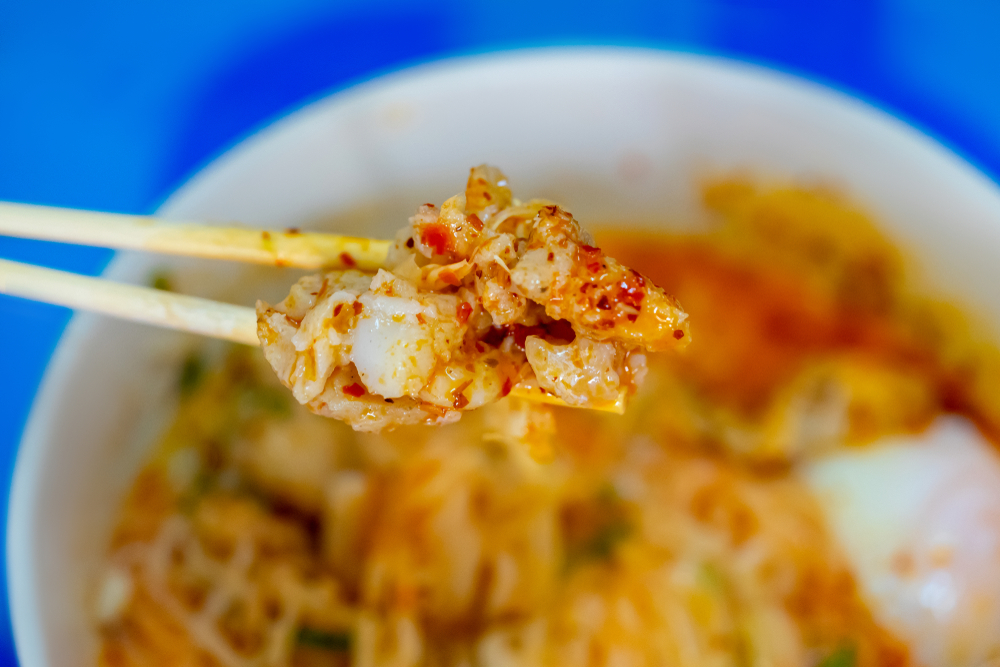 Source: Shutterstock
Source: Shutterstock
In addition to his advocacy work, Dr. Khuntikeo urges for regular screenings and early detection of liver fluke infections among at-risk individuals.
He emphasizes the importance of seeking medical attention if symptoms such as digestive issues, abdominal pain, and jaundice manifest, as early treatment can prevent the progression of the disease.
Thai authorities have also noticed the issue and implemented measures to address the problem.
These include health education initiatives, improved sanitation practices, and stricter regulations regarding preparing and serving raw fish dishes.
Specifically, they have started education programs in schools. Their hope is to teach children not to eat this dish and end this cycle of extremely high liver cancer rates in the region.
Moreover, the Thai government has collaborated with neighboring countries in the Mekong region to tackle the larger issue of liver fluke infection at its source.
The Bottom Line
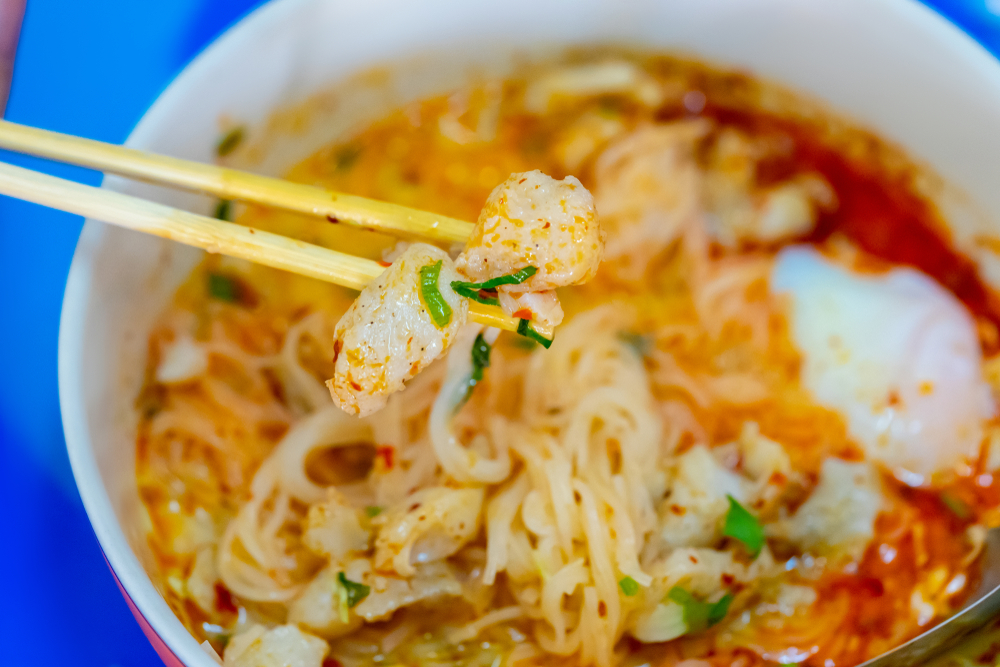 Source: Shutterstock
Source: Shutterstock
The consumption of Koi Pla, a popular Thai dish, has been linked to liver cancer due to the presence of the liver fluke parasite in freshwater fish. Thai doctors are urging people to stop consuming the dangerous dish.
Dr. Narong Khuntikeo, who has lost both of his parents to the disease, is at the forefront of the movement against Koi Pla consumption. Through his advocacy efforts and collaboration with local authorities, he aims to raise awareness and prevent the spread of liver fluke infections.
The government has also taken steps to address the issue, highlighting the importance of education, sanitation, and regulations to protect the health of the Thai population.




